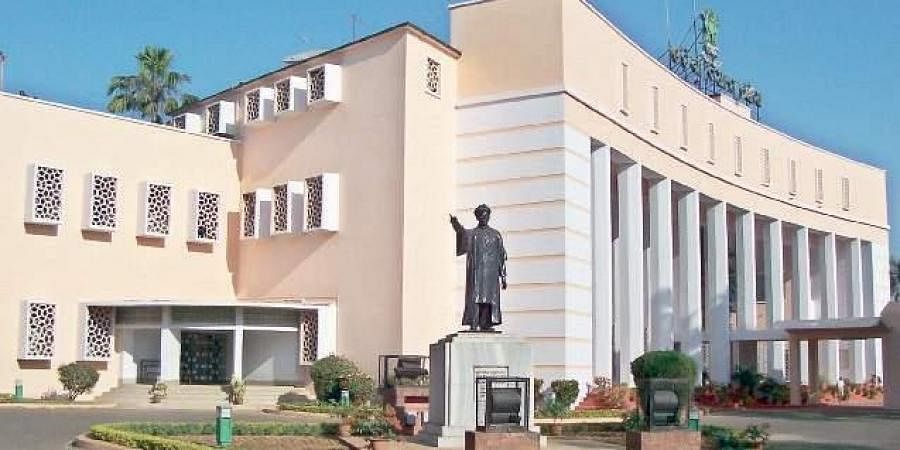Bhubaneswar: The Odisha Municipal Laws (Amendment) Bill, 2023 will go a long way in bringing parity in terms of resource allocation and will introduce a unique model of Governance which will not only take care of the needs of the contemporary times, but will also cater to the needs of the future by adopting a balanced approach of urban governance.
It has been the consistent effort of Chief Minister Naveen Patnaik under 5T Governance to establish a robust system of participatory urban governance in the State. It is in this context that several path-breaking initiatives have been introduced with an objective of empowering the marginalized and vulnerable sections of urban population.
In order to ensure that the infrastructure and basic services in the most under-privileged and under-serviced localities are brought at par with the rest of the areas in the towns and cities, provisions in the Municipal laws have been made envisaging allocation of at least 25% of the total expenditure on creation of capital assets within the slums. Apart from that, several other flagship programmes have been undertaken to raise the standard of living of the slum dwellers and to upgrade the slums to livable habitats and dignified settlements.
Consistent efforts are being taken by the Government to enhance the capacity of the Mission Shakti Women Self Help Groups in diverse fields of partnership in urban activities to ensure effective delivery of services and enhance their economic well-being and upward mobility in the society. They have also reciprocated to these attempts of Government by extending wholehearted support in delivery of urban services and achievement of the development goals.
In order to consolidate the outcome of such progressive measures and to make the process sustainable, it has become essential to allow them to act as reliable bridges between the citizens and the Council. This will not only make the process of urban governance more participatory and responsive to the needs of the people, it will also ensure that that the constitutional goals are achieved in sustainable manner.
Article 243S of the Constitution stipulates the establishment of Ward Committees within Municipalities with a population of three lakhs or above. However, the Constitution delegates the authority to the State Legislature to determine the specific method and composition of these committees.
The composition of ward committees has therefore been revised to make the Committees more representative, realistic and progressive. The amended provision will ensure that needs and aspirations of the urban citizens are reflected in the plans and programmes of the Urban Local Bodies. Besides, essential provisions have also been inserted in the Municipal Laws to make the employees of the Urban Local Bodies more accountable to the people and facilitate the citizens to play a key role in budgeting and planning processes, according to an official release.
Chapter VI of Disaster Management Act, 2005 mandates all local authorities to adopt disaster risk reduction measures. Further the said Act also empowers local authorities to take necessary and appropriate measures for disaster management in the Urban Local Bodies. The provisions of the Municipal Laws have been amended suitably to make them consistent with the Disaster Management Act.


Comments are closed.